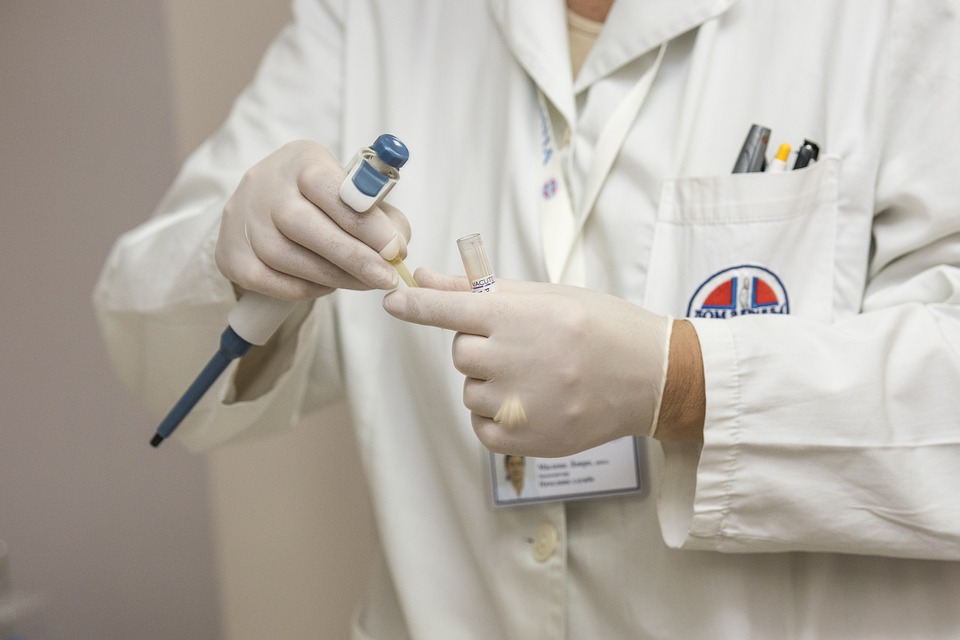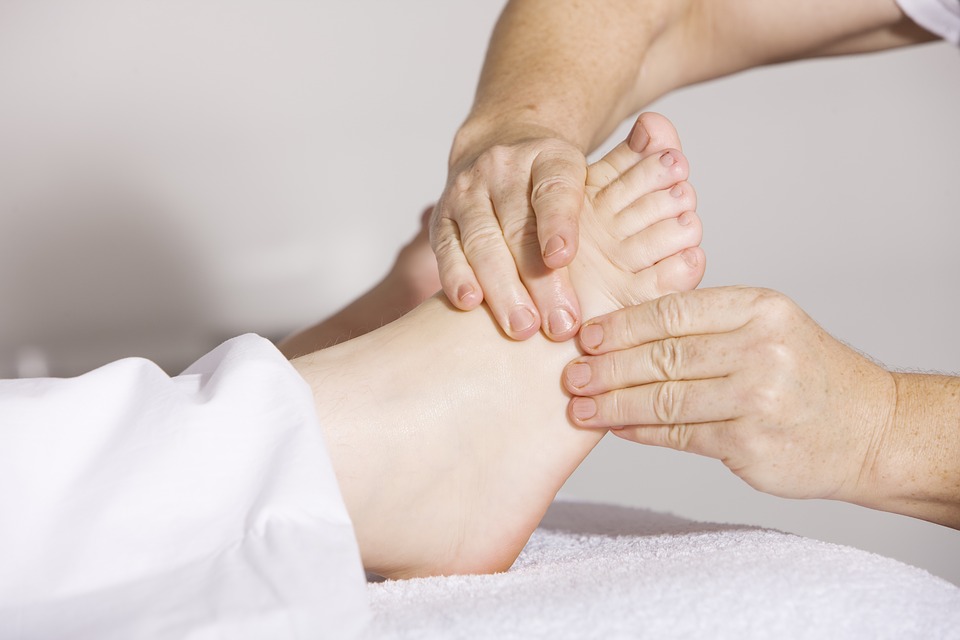Avoid disappointment. Follow these suggestions from a long-time family doctor and feel satisfied you’re getting your message across.
It can be nerve-racking visiting your doctor and remembering exactly what you wanted to say once you’re face-to-face, isn’t always straight forward.
Doctors can ask for information you simply don’t have at your fingertips. I can’t count the number of times I’ve been asked exactly how long it’s been since I’ve had that chest infection or noticed that rash. I don’t know, I want to reply, long enough to now be concerned!
It’s simply that I don’t remember my life in 24-hour segments. Ask me what I did a week ago, and I’ll have to look at my phone or call a friend. I also find it hard to communicate what, exactly, is worrying me.
(photo credit: www.pixabay.com)
So if you’re like me, you might fear that the professionals will think your problems are all in your head.
Or, maybe you feel confident in what you’re about to say, but sense that no one is really listening. They haven’t taken your plight seriously.
But here’s the thing. It can be good to remember that doctors aren’t always sure of themselves, either. And they make mistakes.
Long-time family physician and author, Dr. Karen Trollope-Kumar has practiced medicine in Canada and in the Indian Himalayas. She knows first hand that patients worldwide have the same desire: to be heard.
(photo credit: www.pixabay.com)
But it isn’t always easy. The problem Dr. Trollope-Kumar feels, lies in a lack of good communication and a bit of compassionate planning.
“Like any healthy relationship, good communication is fundamental and that applies to the doctor-patient relationship as well,” she says. “When that vital link of understanding is broken between doctor and patient, a cascade of negative consequences can result.”
How can you avoid that unfortunate pitfall? Check out Dr. Trollope-Kumar’s 10 tips for a better, more effective visit with your doctor:
1) Face the Truth
(photo credit: www.pixabay.com)
Tell the receptionist what you are actually seeing the doctor for, when you call the office. Don’t be shy. Ask them if they think you need a longer appointment to address your concerns, if it’s a serious issue.
2) Write Things Down
Prepare what you’re going to say ahead of time. Write it down if that helps.
3) Express Your Worries
If you have a particular worry about a symptom (for example, could this be cancer?), express that concern to your doctor. It’s good to have everything out in the open.
4) Bring in Reliable Internet Research
(photo credit: www.pixabay.com)
Yes, bring in research from the Internet about your problem. When you do though, make sure you source it from reputable sites. Places like the Mayo Clinic offer online advice that your doctor will respect and relate to.
5) Focus on One Issue
As much as you can, don’t put off going to the doctor. If you do, you could end up coming into the office with a list of unrelated problems, which can result in an unfocused visit. To get a useful answer, focus on one problem at a time.
6) Bring a Friend
If you are going in to get results of an important test, bring a friend or relative with you. Sometimes it can be hard to remember what the doctor has said, especially with a serious condition that can make you emotional.
7) Ask for Alternatives
(photo credit: www.pixabay.com)
If the doctor advises a treatment you don’t feel comfortable with, explain your reasons. There could be an alternative approach.
8) Keep Your Follow Up Appointment
It’s important to let the doctor know how well (or badly) the treatment has worked. This way you can work together on whatever is next.
9) Use ‘I’ Statements
If you’re not happy with the service you’re getting, communicate this clearly using “I” statements, for example, “I feel concerned about how long it took to receive these test results.”
10) Express Your Thanks
(photo credit: www.pixabay.com)
If you’re happy with the service you’re getting from your doctor, a word of thanks or a card is always appreciated. Good communication is the key to good relationships.
Dr. Karen Trollope-Kumar is a family physician and author of Cloud Messenger: Love and Loss in the Indian Himalayas.
Her book is a story of adventure and idealism. It proves that good communication is at the root of love, and every human relationship striving for connection and a deeper understanding.
For more information, visit www.karentrollopekumar.com.
Photo credit: Yuganov Konstantin/Shutterstock


















